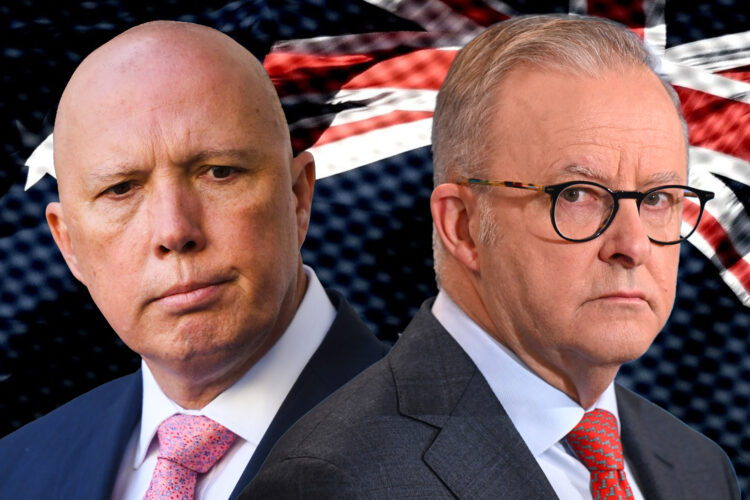See you tomorrow?
Well that was a bit of a weird day, which was a bit all over the place wasn’t it?
The Coalition are still struggling to find a narrative (it seems very unlikely the Coalition can find enough momentum to even be competitive this campaign, given what we have seen so far) and Labor is pretty much coasting, taking more risks on winning seats rather than just defending them (Leichhardt).
It wasn’t an accident that Dutton was in Aston today – the Libs think that is a rare win. But if its offset by a loss in Bradfield, than the Liberals are still back at square one. And now the conversation has switched from how many seats can the Coalition win, to how many seats Dutton needs to win to ensure his leadership is safe. That number is about 65 at the moment. And that, on these current vibes, will be tough.
So join us tomorrow as we cover the end of the second week of this campaign – nominations close tomorrow, so whatever candidate the parties have is the candidate on their ballot paper, and I can guarantee you there are people just waiting to dump some shiz on some candidates when those names can’t be replaced.
And for reasons unknown to anyone but the “crack team” at the Liberal campaign HQ, the Liberals have decided to hold their campaign launch on Sunday – the same day as Labor. Which, if you are wanting some clear air is a pretty dumb decision. But hey – what would I know?
But there is still a whole Friday to get through before then – and I hope you will join us.
So thank you to Glen for filling in today and the whole Australia Institute team for fact checking all this guff on the run. But also to you for caring enough about your democracy to be this engaged. It matters and we are grateful.
We’ll be back tomorrow – until then, take care of you. Ax

